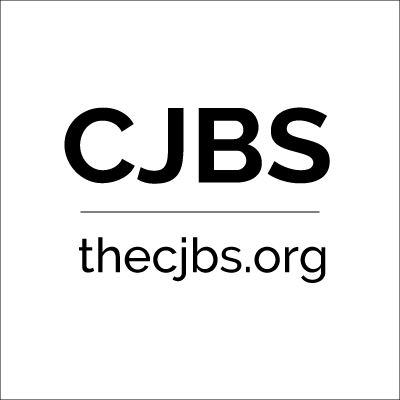< Issue No. 7 (2011)Article
Shifts in Diasporic and Buddhist Identities Among Second Generation Cambodians in Ontario
McLellan, Janet, Wilfrid Laurier University
Abstract
Second generation Cambodians born and/or raised within Canada have experienced an incredible range of family and social disruption, influenced as much by their parent’s survival of the Khmer Rouge genocide as their extensive difficulties in resettlement. In comparison to other North American Asian communities, adaptive strategies for long-term integration were hindered by the absence of Buddhist temples, ritual/monastic specialists, and community leadership. More than twenty-five years later, as the second generation youth increasingly access post-secondary education (initiating patterns of upward mobility) and Cambodian communities across Ontario begin to establish Buddhist temples with full-time monastics, clear disparities exist within and between the generations in understanding the role of Buddhism and Buddhist monks, the meaning of traditional rituals, and the identification of Buddhism as an integral part of personal or cultural identity. This paper details some of these disparities among Cambodian youth in Ontario, and highlights how new cultural symbols of belonging are increasingly utilized to validate innovate ways in being Khmer. For many second generation Cambodians, a positive diasporic Buddhist identity arises within the context of their first visit to Cambodia as young adults and their subsequent experiences of meeting extended family members, visiting sacred sites (archaeological and genocide memorials), and participating in special rituals that call them back to the roots of Khmer identity. Analysis of the extent to which religious identities and understandings transform through migration and generational change contributes to this research on Buddhism and diaspora in North America.
